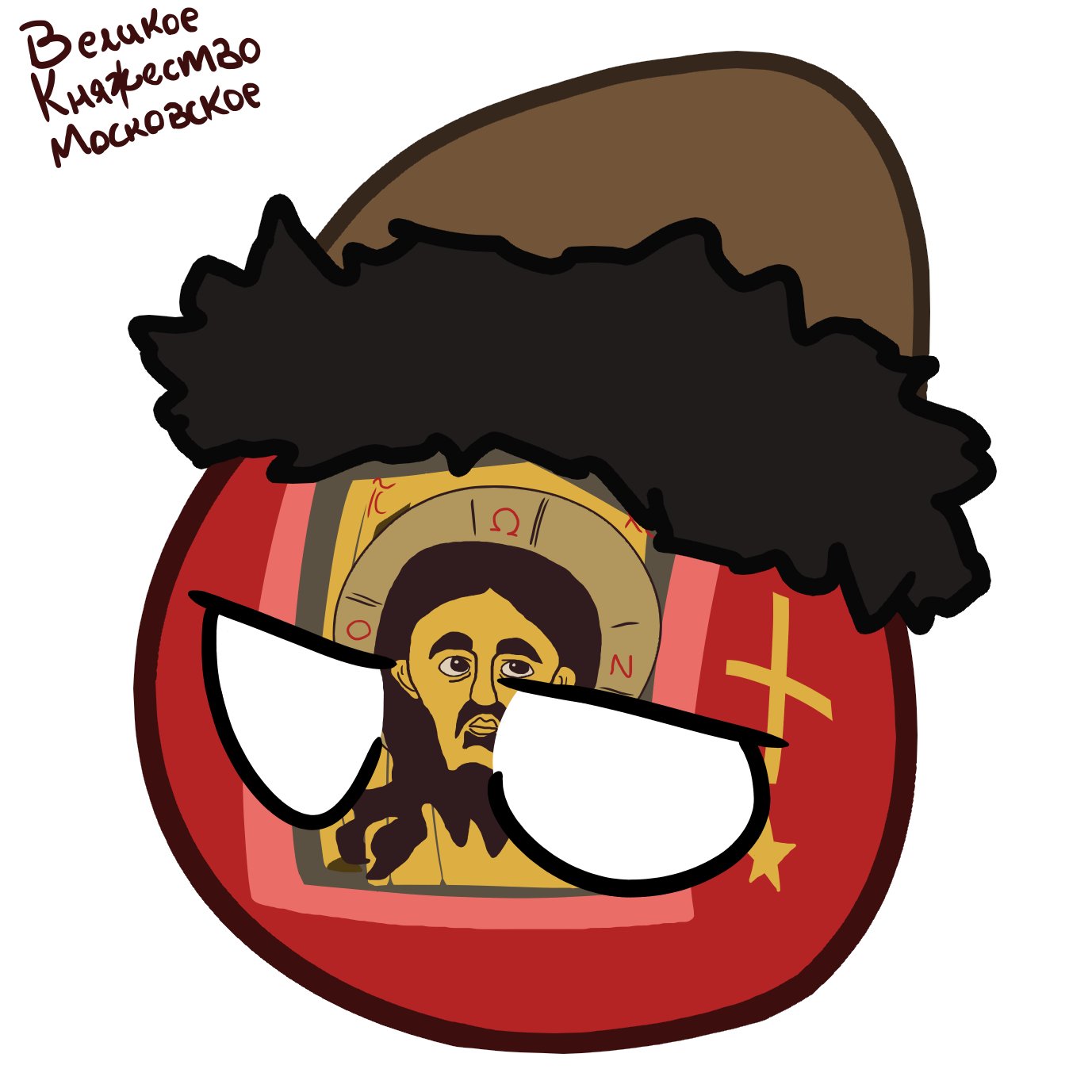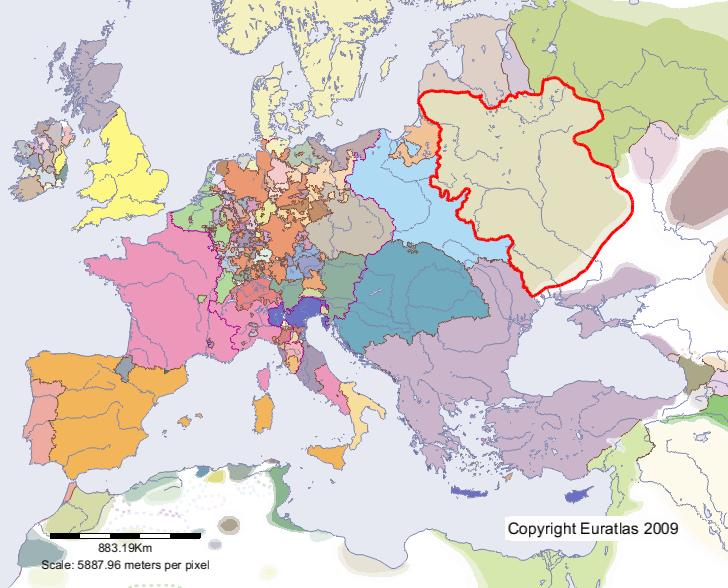Lithuania! Now you will object that Lithuania s a Baltic, not Slavic nation. I reply: that is true today, but the Grand Duchy of Lithuania in the 15th century had more East Slavs (what would today be called Ukrainians and Belarusians) than it did ethnic Lithuanians and most of its territory was in what is now Ukraine or Belarus (or parts of Russia that have been claimed by Belarusian nationalists):
Moreover, the formal name of the state was the "Grand Duchy of Lithuania,
Rus and Samogitia." And the "Rus" language was the official language of the Grand Duchy--the Statutes of Lithuania
https://en.wikipedia.org/wiki/Statutes_of_Lithuania for example being written in it--until Polonization led to it being superseded by Polish and Latin.
Of course for the Grand Duchy of Lithuania to survive, it has to resist being absorbed by either Poland or the Grand Duchy of Moscow. But if it somehow manages to do so, there could be two East Slavic states--to use their Latin names, we could call the western one Ruthenia and the eastern one Muscovy.
There are even alternative ways to get a Ruthenian or West Rus' or Ukrainian-Belorussian state created. For example as a Swedish vassal state if the Swedes had won the Great Northern War. Or there was Oginksi's project to get the Tsar to restore (a mostly Belarusian and Ukrainian) Grand Duchy of Lithuania, which I discuss at
https://www.alternatehistory.com/fo...reestablishes-lithuania.479966/#post-19907587




